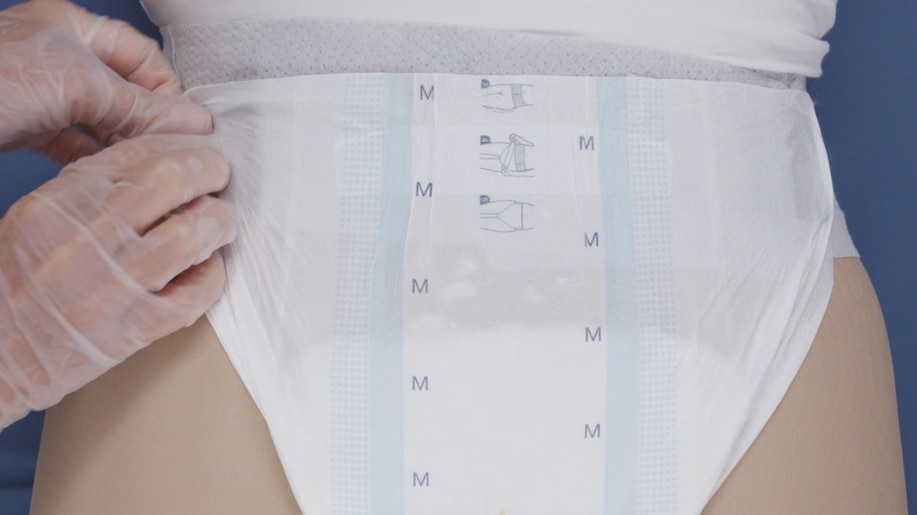Bowel incontinence, also called faecal incontinence or anal leakage, is the unintentional loss of stool and/or gas. There are many reasons why bowel incontinence may occur. An assessment can help to narrow down the causes and allow you to establish an effective plan for prevention and management.
Causes of bowel incontinence
Bowel incontinence can be caused by many different factors. If the muscle that controls the opening and closing of the anus is weakened or damaged, faecal leakage becomes a risk. Other conditions like long-term diarrhoea, constipation or nerve damage can also increase the risk. Faecal leakage has been associated with illnesses such as diabetes, multiple sclerosis, haemorrhoids and dementia.
Cognitive impairment can also be a risk since it can make it difficult to remember the way to the toilet, or even recognise the need to go.
Other factors may include not drinking enough fluids during the day, which can result in constipation and bladder irritation, and lead to urgency feelings and faecal leakage. Well-hydrated urine is pale yellow. Urine that is dark or reduced in volume could indicate the need for more fluids.
If constipation needs to be treated with laxatives, always start with the gentlest measure. Laxatives should be tailored to meet individual needs and monitored for side effects like diarrhoea.






